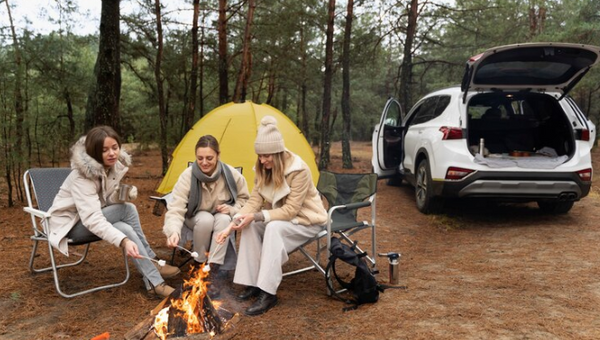Home energy storage systems are a great way of capturing renewable energy that is produced throughout the day. Not only is this solution effective in saving money, particularly with today's uncertain climate, but it also benefits the planet by reducing energy consumers' carbon footprint.
From electric batteries to thermal stores, there are a variety of options available to help households and businesses alike make the most out of their renewable energy. In this blog, we will be exploring the different energy storage technologies on the market and taking a look at the benefits they offer.
What is a Home Energy Storage System?
Home energy systems store away generated heat and electricity for later use. The power is stored in electrical batteries or can be converted into heat which is stored in a heat battery.
These systems allow consumers to optimise their energy use, ensuring the most effective operation of the home backup system. By supporting self-consumption, home storage provides a place for the surplus energy that is generated throughout the day for later use.
Home energy storage systems are becoming a popular choice for renewable energy users. Not only are the prices of the systems falling, but their environmental advantages make them a great alternative to fossil fuels. As more energy consumers loosen their grip on the national grid, energy storage systems continue to protect consumers from price spikes, supply fluctuations and blackouts.
What Are the Different Options Available?
Battery Storage
Home battery storage systems are a great option for those who generate energy from solar panels. They can be incorporated into the system at the time of installation or can be added to existing systems at a later date.

Battery storage is beneficial for increasing the amount of self-produced energy that is used. The main advantage of these systems is that consumers only need to use the grid when they are not utilising their own power. This allows households and businesses to save on costs and avoid the risk of being left in the dark by power outages.
Another unique and positive impact of battery storage is the ability to choose the battery size depending on the amount of electricity that businesses and households typically use.
Thermal Storage
A thermal store is a way of storing and managing heat until it is required. These systems can obtain one or more heat exchangers which typically come in the form of internal coiled pipes. They can also include an electrical heating element, such as an immersion heater.
Thermal stores are an ideal system for managing the time between when the heat is available and when it is needed. This allows the water to be heated by a secondary source for more efficient water heating.
Alongside this, thermal storage also helps to reduce consumers' reliance on the national grid and the burning of fossil fuels and can even be used in off-grid locations with multiple heat sources. Due to the ability to heat water with secondary heating sources, such as a conventional boiler or electric immersion heaters, hot water can be generated more efficiently.
Heat Batteries
These batteries store spare heat and electricity that are commonly generated from renewable energy systems.
The energy is stored in a material called ¡®Phase Changer Material¡¯ (PCM) and turns from a solid to a liquid depending on whether it is holding heat or electricity. Spare heat and electricity is stored within this battery to charge the PCM inside the battery. When heat is needed, the PCM turns into a solid to release thermal energy, providing households with hot water.
Heat batteries are generally smaller and lighter than thermal stores, making them convenient for small spaces.
BLUETTI EP600 Whole House Energy Storage System
Our EP600 Energy Storage System works to harness large quantities of solar energy to run your house and cut down electricity bills.
By helping households to purchase less from the national grid, the system stores excess electricity throughout the day and supplies it to your house during the night to avoid high rates.
By coupling EP600 with other solar systems, you can power your home with an endless supply of solar energy. BLUETTI works to make self-sufficient production of energy accessible for households everywhere.
Taking away the stress of power outages, the EP600 protects your home from grid faults, providing a seamless transition to provide immediate backup power to all household essentials.
Better yet, the BLUETTI app allows you to keep everything under control in real time from any location. From setting up modes to operating the UPS function, it has never been easier to harness the power of your home at your fingertips.

?
Discover Home Energy Storage with BLUETTI
At BLUETTI, we have a large range of home battery storage systems available to help keep you connected at all times. Whether you are looking to go off-grid with solar power or would like to store power away for a rainy day, our storage systems are a great place to begin.
To find out more about the BLUETTI EP600, contact our expert team.
?



